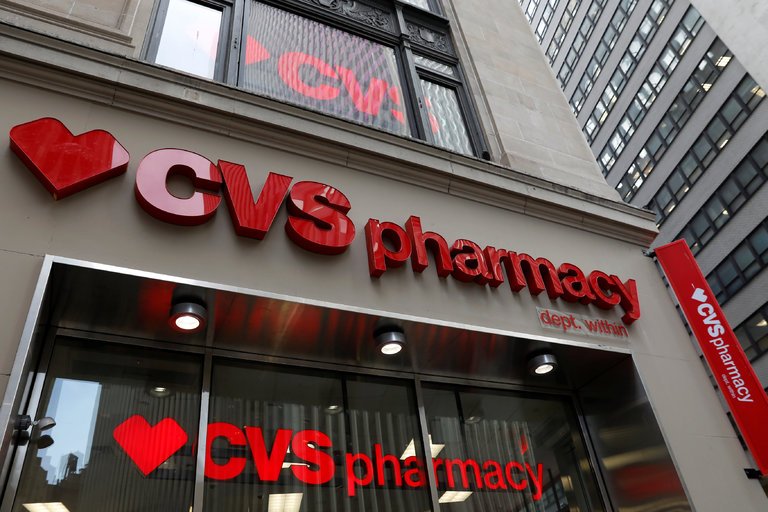CVS and Aetna: It’s Official, but Is It Good?

CVS Health Corporation cleared its final hurdle and completed its acquisition of Aetna, Inc. this week. The deal combines CVS, a retail and pharmacy benefit manager, with one of the largest insurers in the country – creating a healthcare giant with extensive resources across the industry, from selling insurance to negotiating drug prices with pharmaceutical companies to providing drugs to consumers.
The goal of the merger is to help transform the consumer health experience through a new, simplified healthcare model that is less expensive and puts consumers at the center of their care. The two companies intend to be the access point in reducing fragmented care and aligning provider incentives, given CVS’s strong focus with pharmacies and walk-in clinics and Aetna’s medical networks.
Skepticism continues over this deal and those between CIGNA/ESI and United/Optum as consumers question whether this will narrow competition and leave consumers with increased costs and fewer choices. Earlier this month, The New York Times published an article on how the nation’s hospitals have been merging at a rapid pace for years and while hospitals claimed that consolidation would lower prices for consumers, the analysis by the Times reveals the opposite to be true. In the metropolitan areas surveyed, the average cost of a hospital stay increased 11-54% in the years following the merger -- one-third saw post-merger price increases of at least 25%. Will we see similar price increases as a result of these vertical integrations between PBMs and insurers?
Mercer’s leader for managed pharmacy consulting, David Dross, says we’re headed “back to the future” when pharmacy and medical were managed by one provider – no large standalone “carve-out” PBMs are left. Take a look at David’s post for his take on what the CVS/Aetna integration may mean for employers.
Related products for purchase
Related Solutions
Related Insights
-
US health newsAI-assisted research is turning up some interesting uses for mammogram imaging beyond screening for breast cancer.
-
US health news
PSYPACT gets an A (for access, among other things)
Learn how the Psychology Interjurisdictional Compact (PSYPACT®) may benefit employers as they seek to improve employee mental health. -
US health news
Treating severe mental health disorders with psychedelic substances
James deSpelder discusses the potential uses and concerns of using psychedelics to treat mental health issues.








